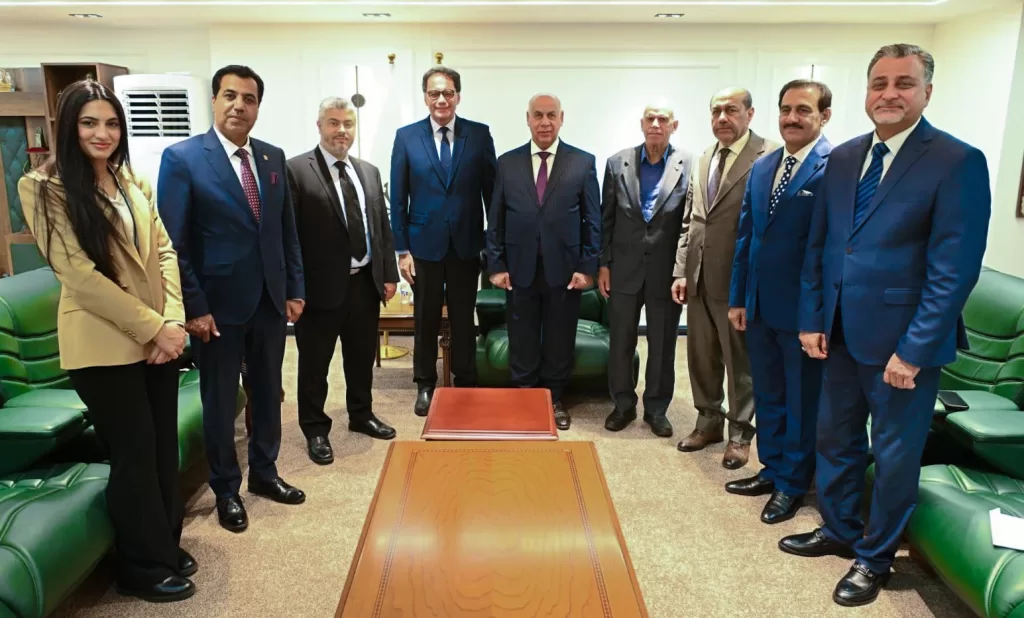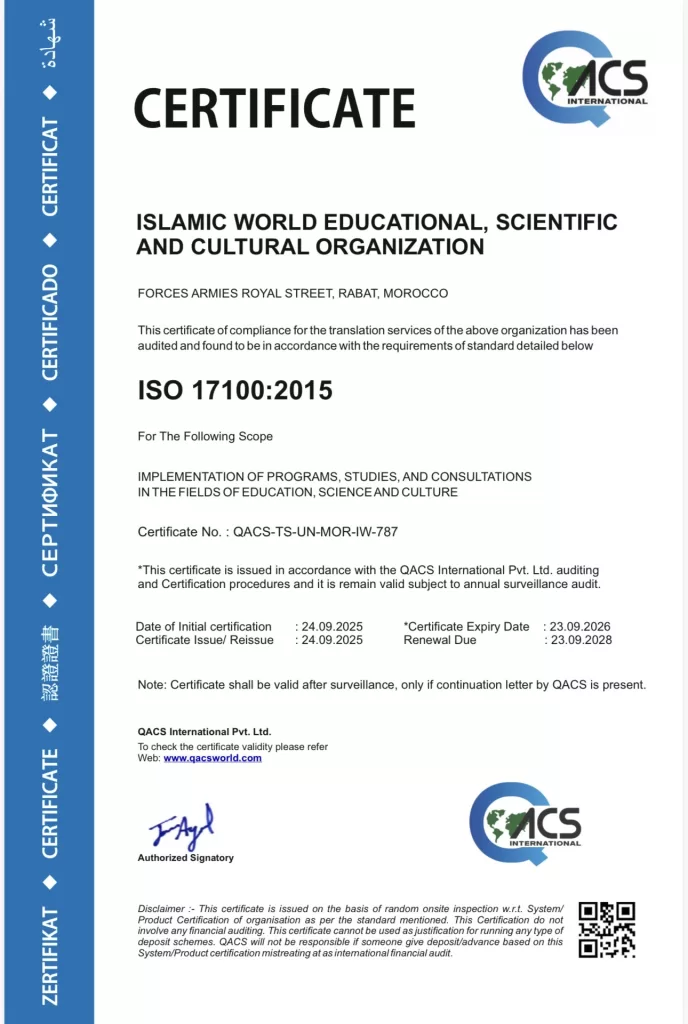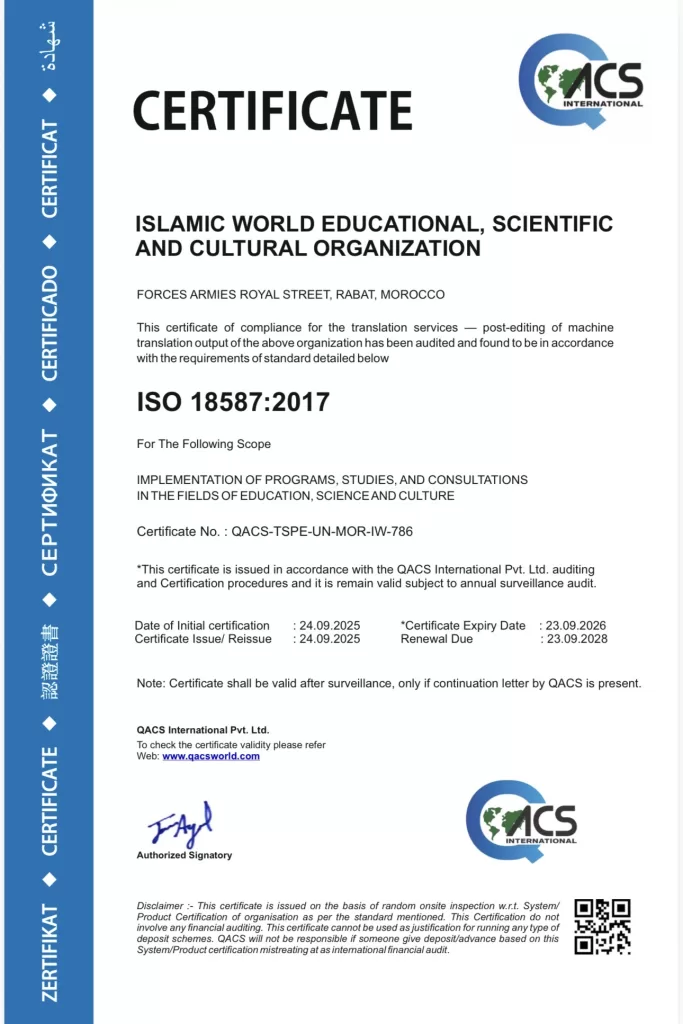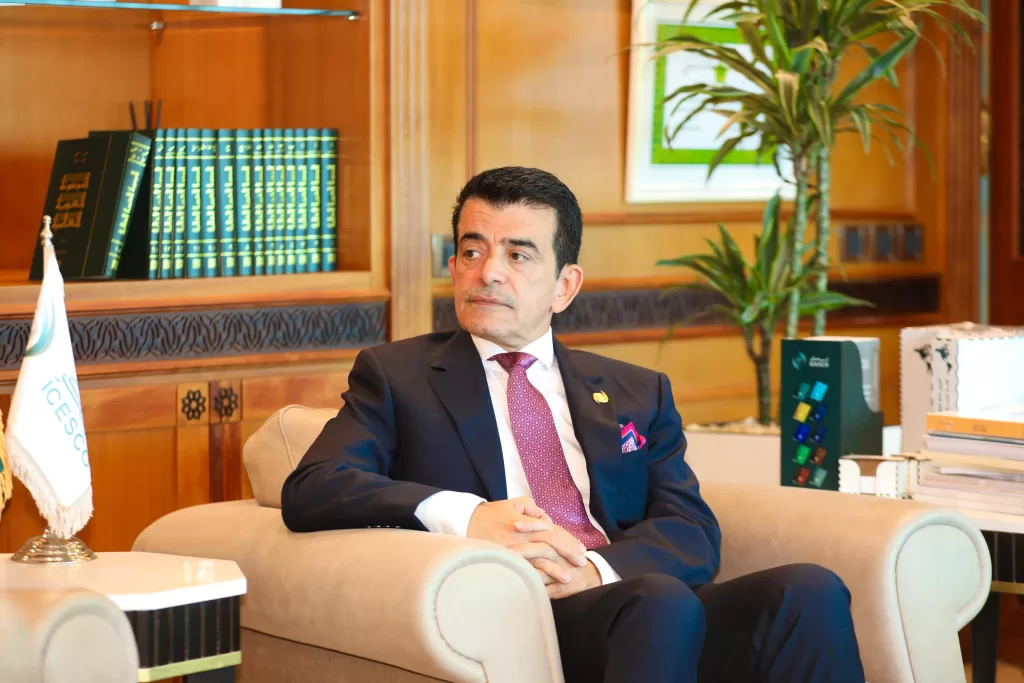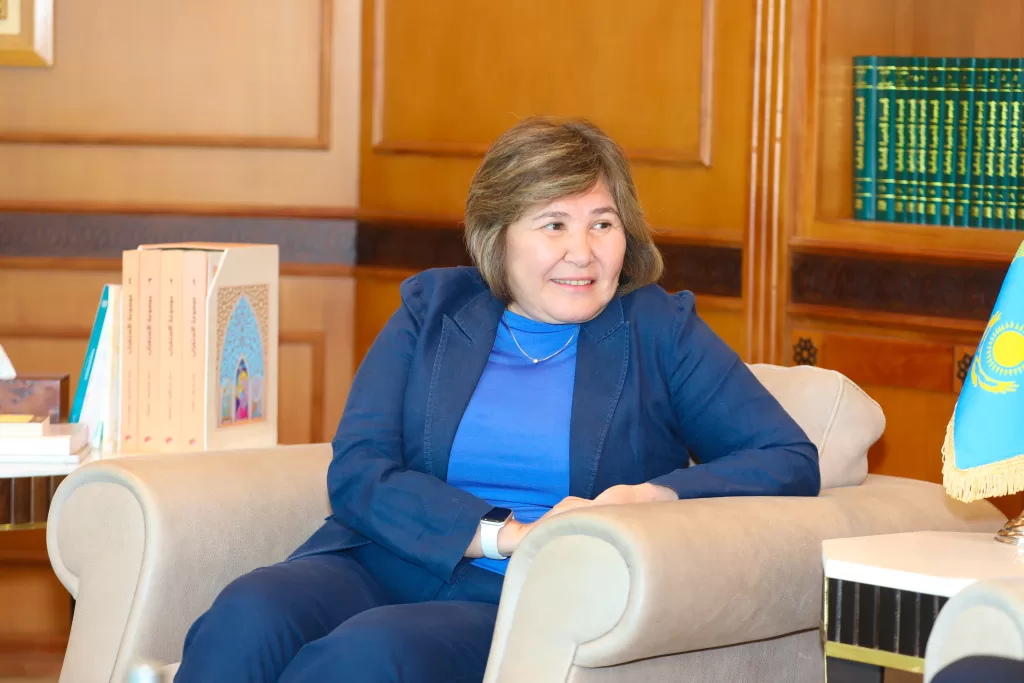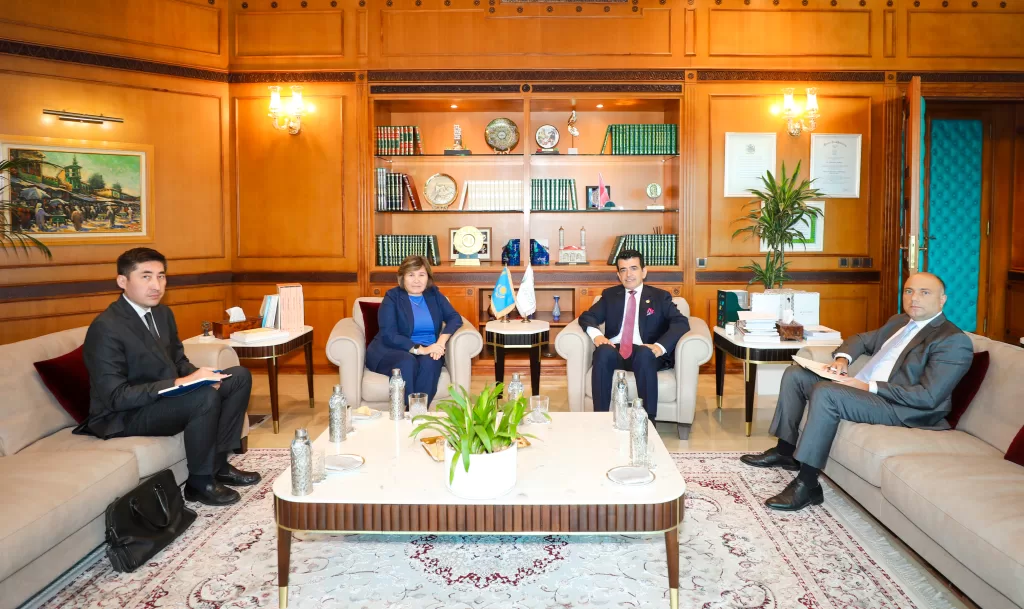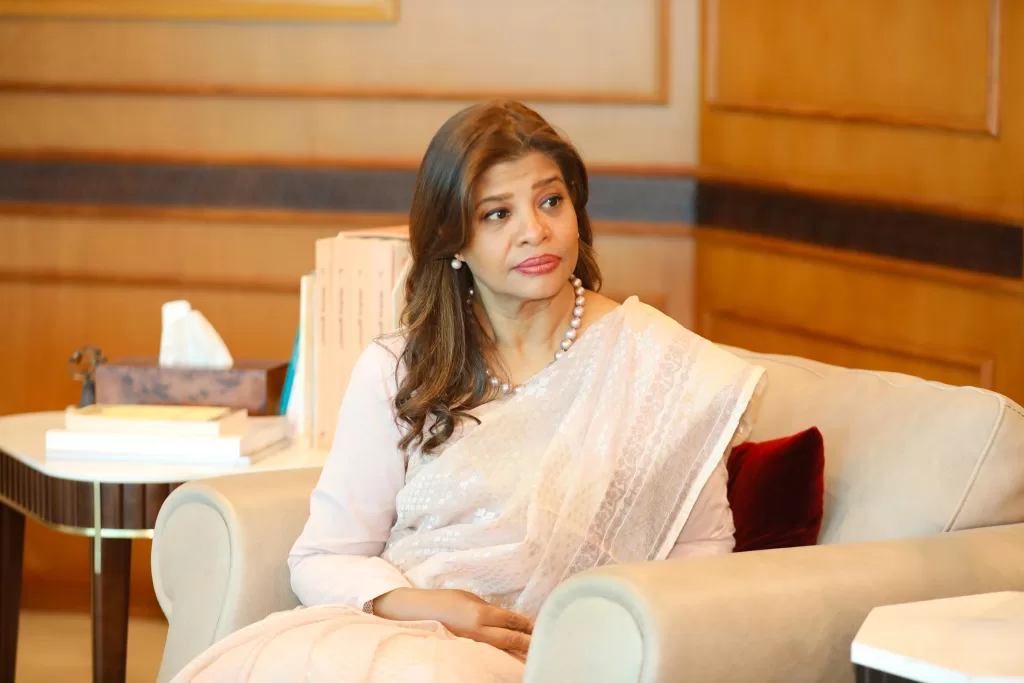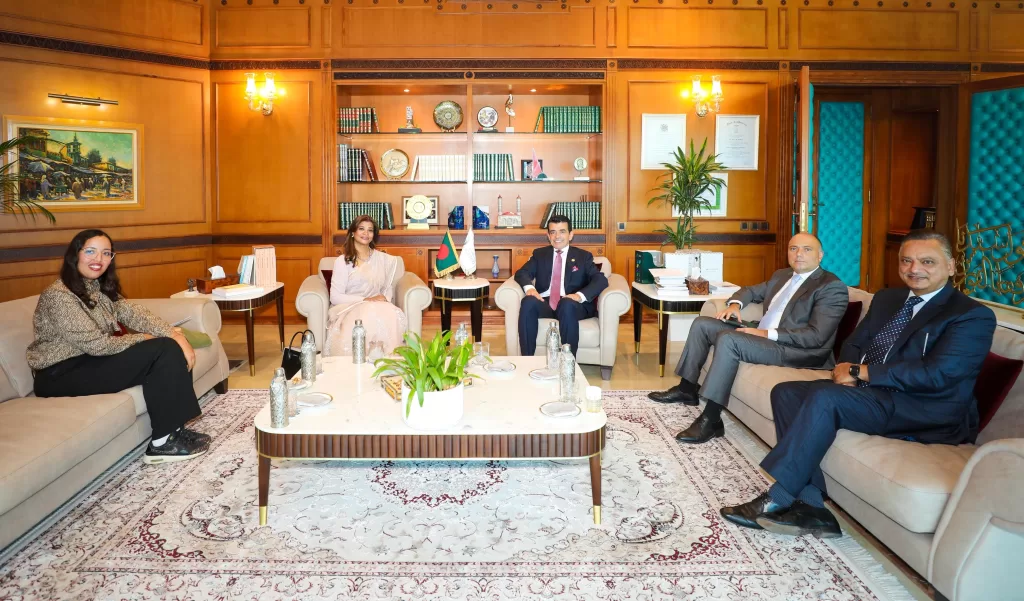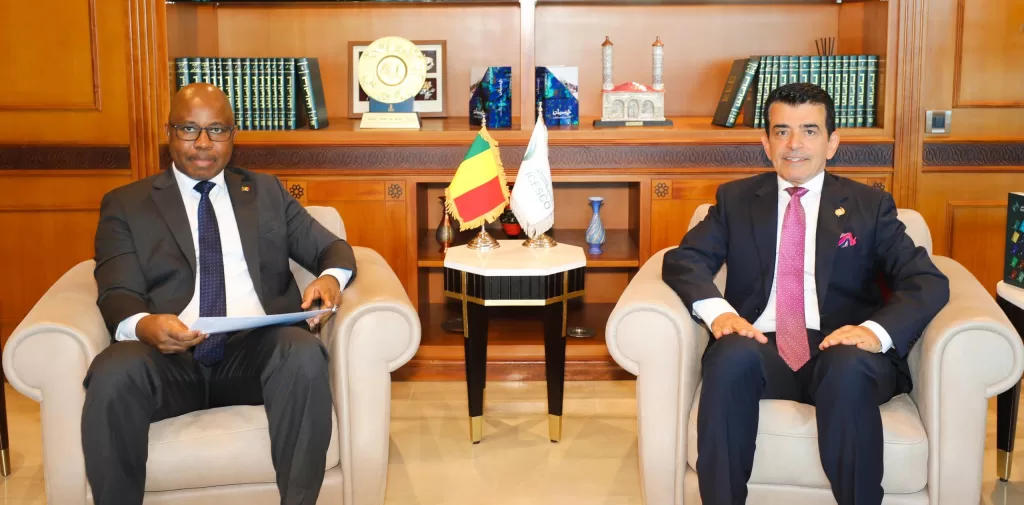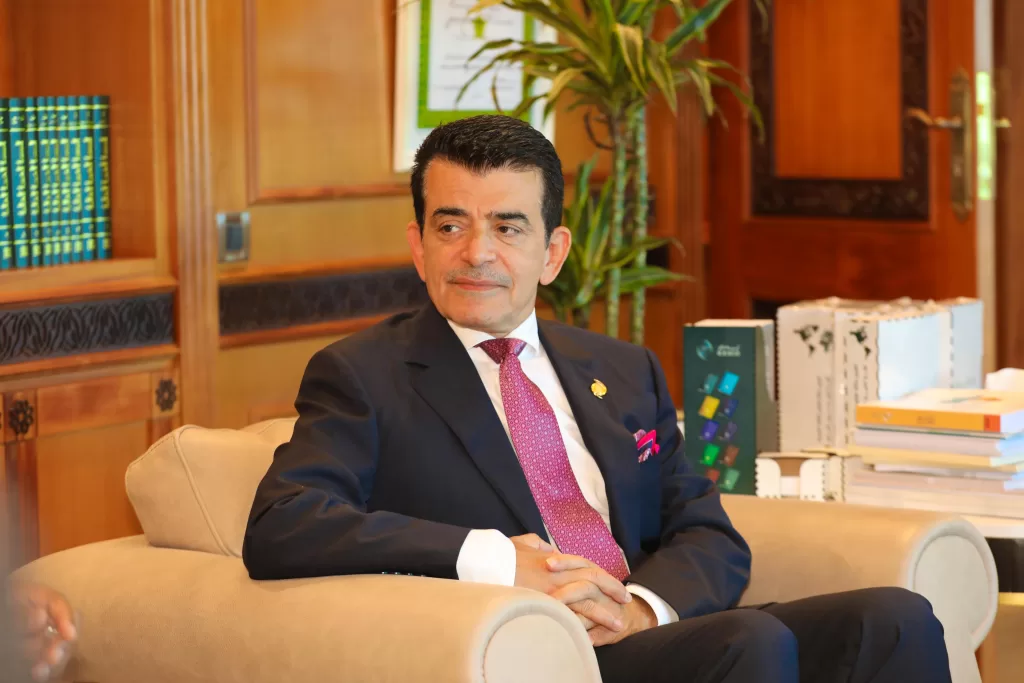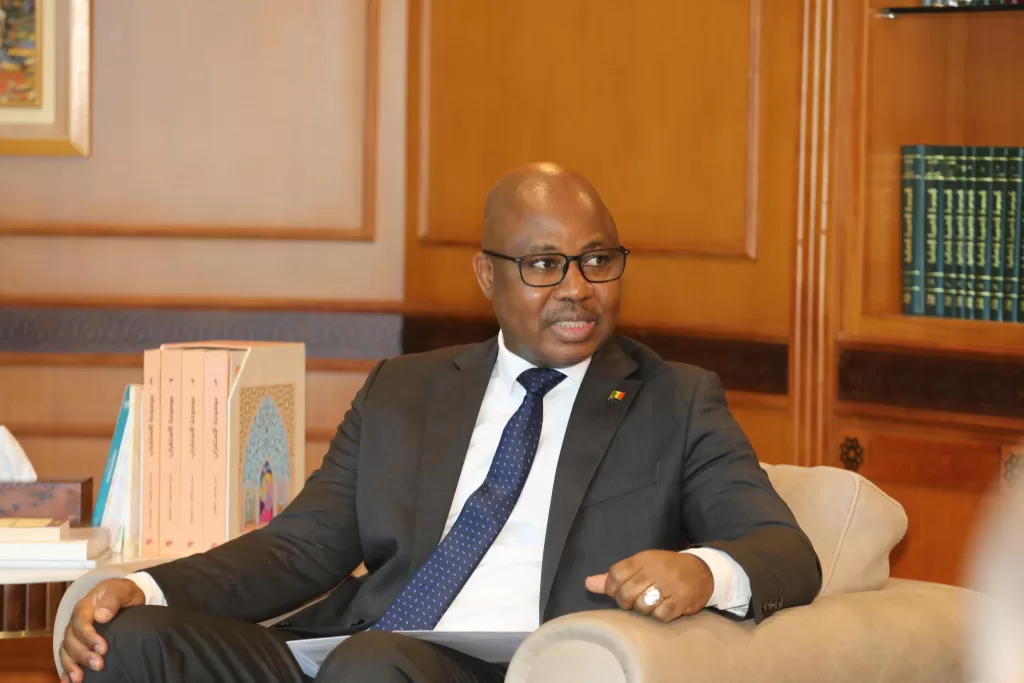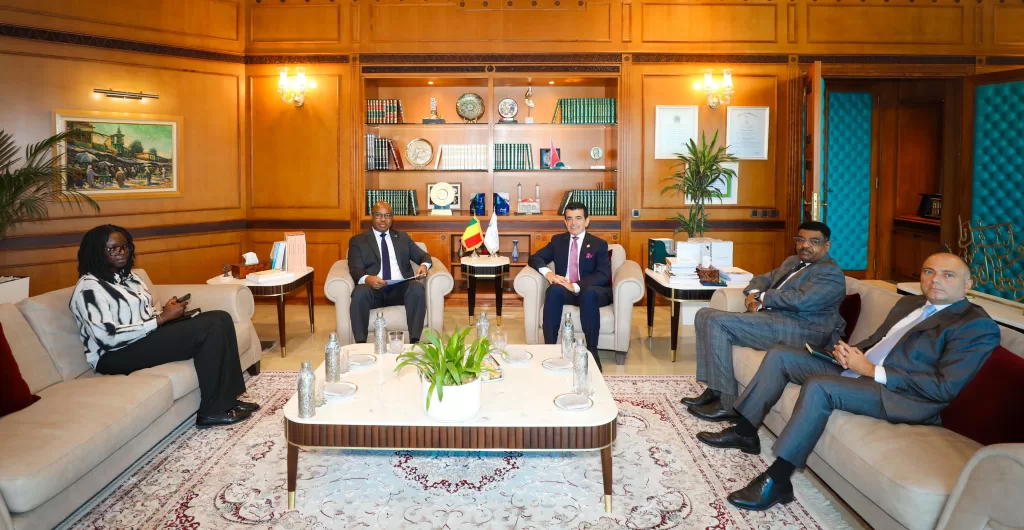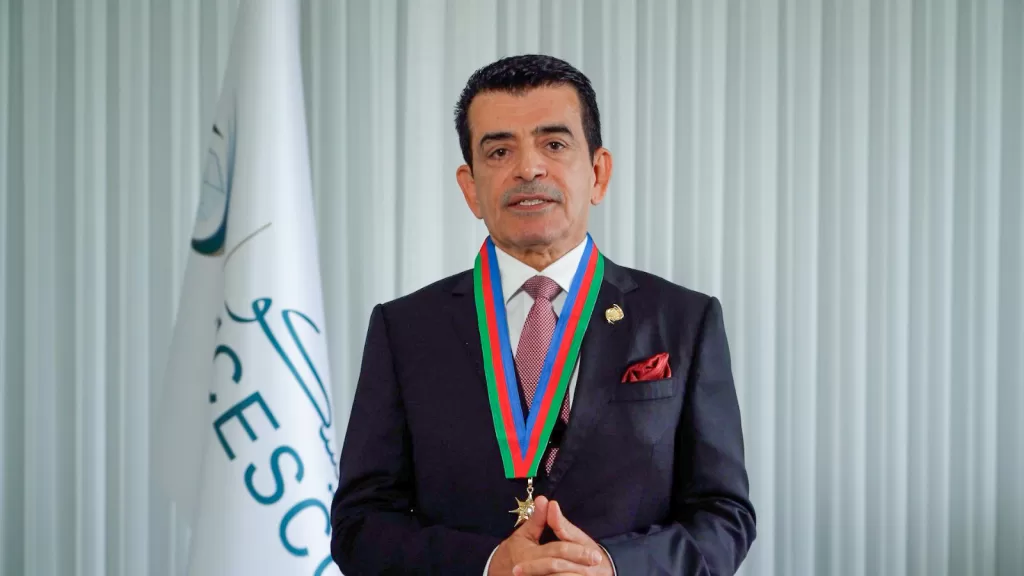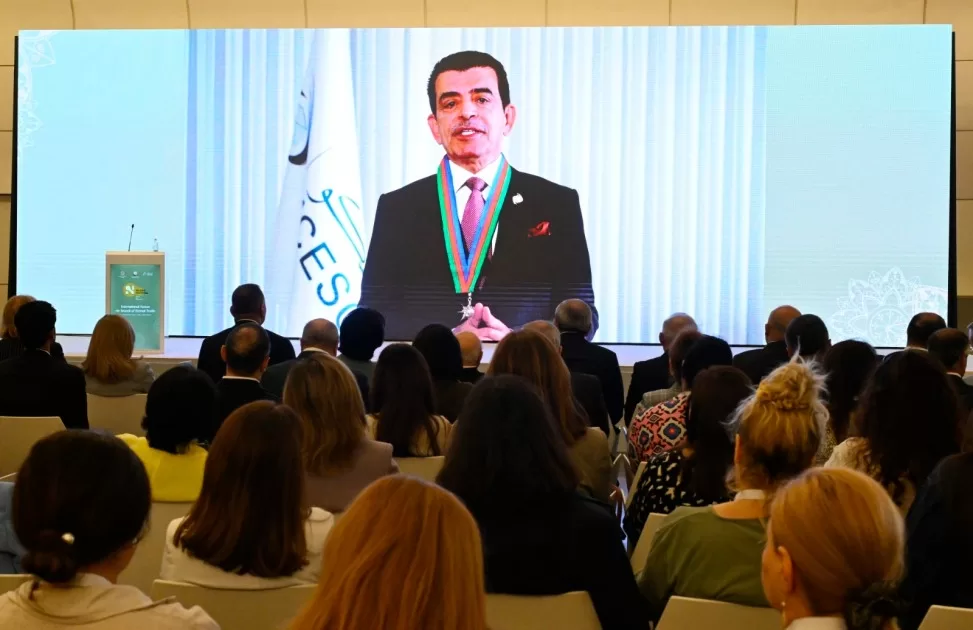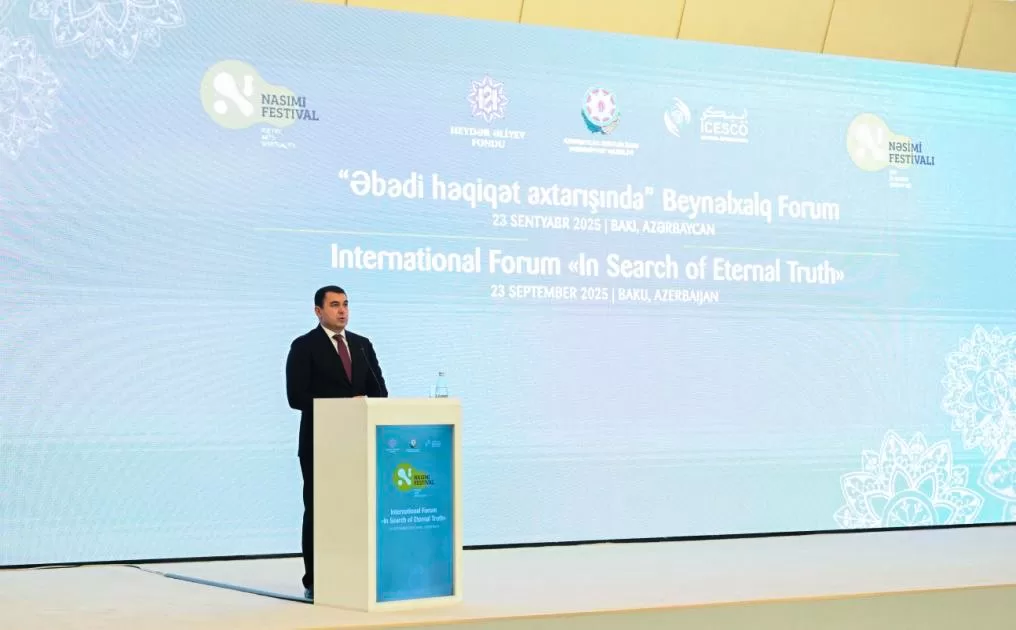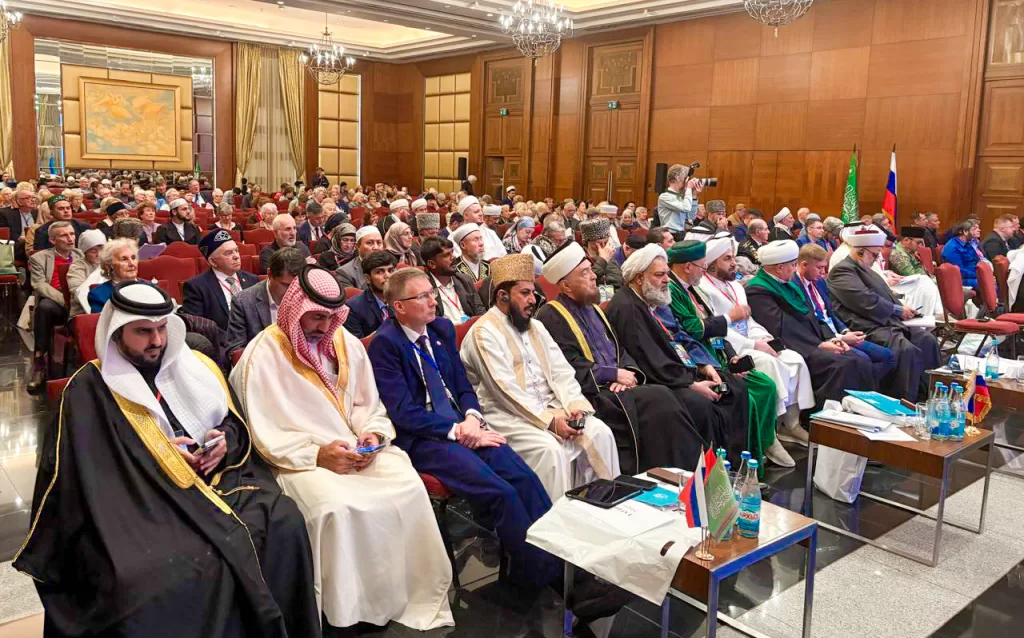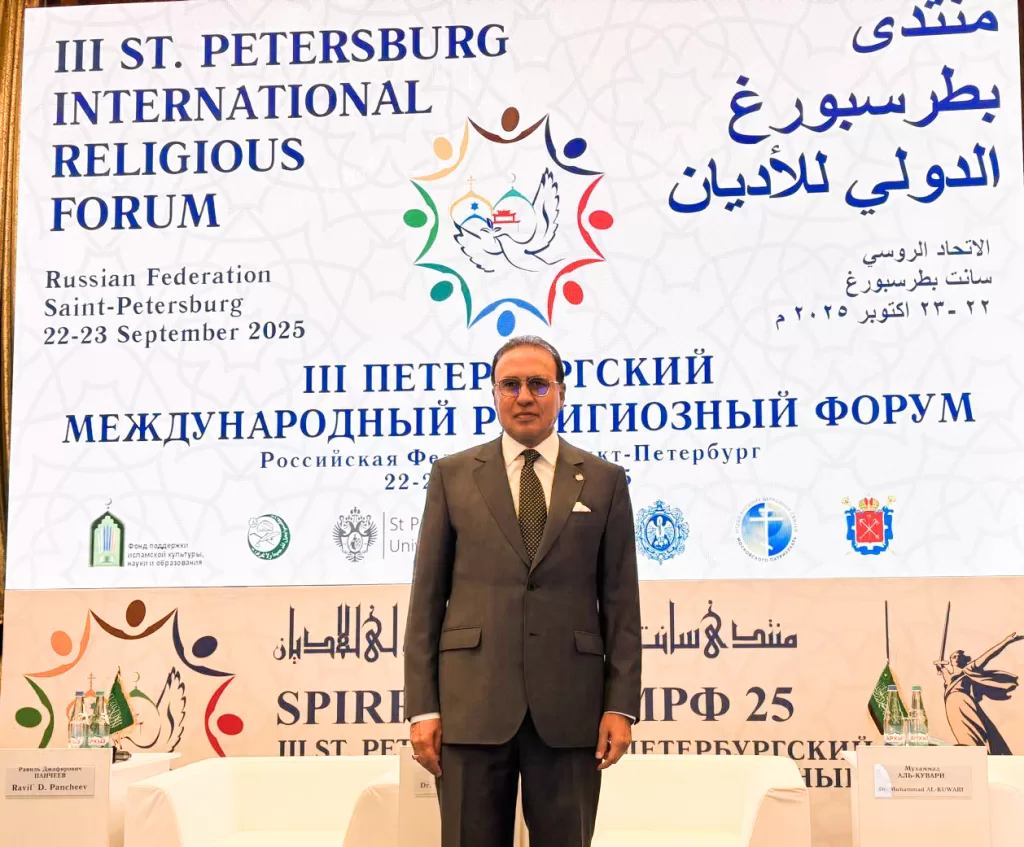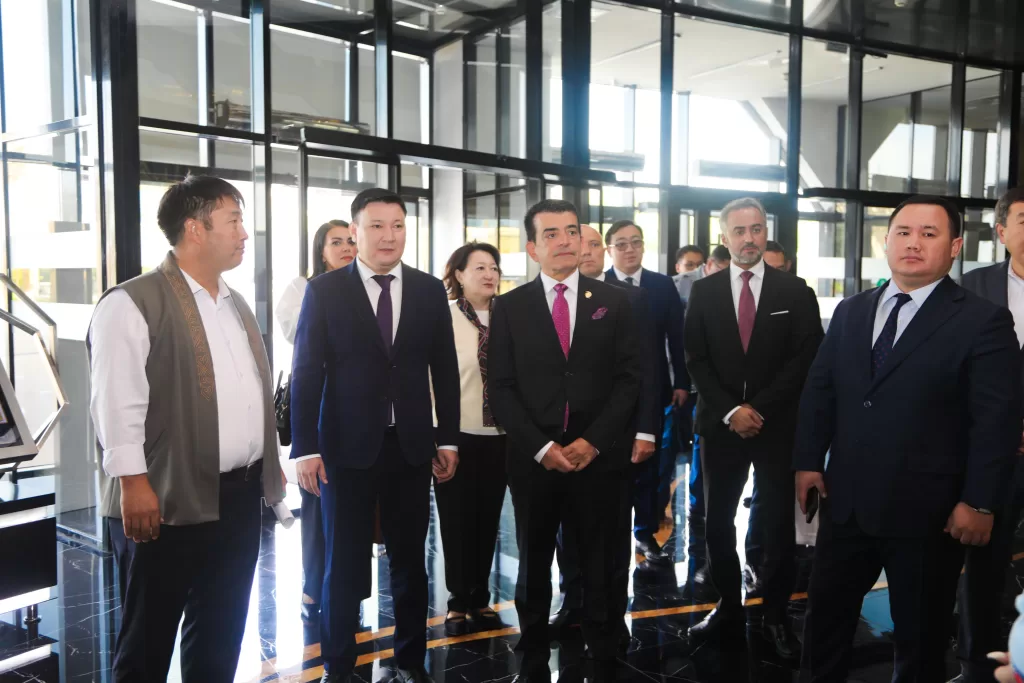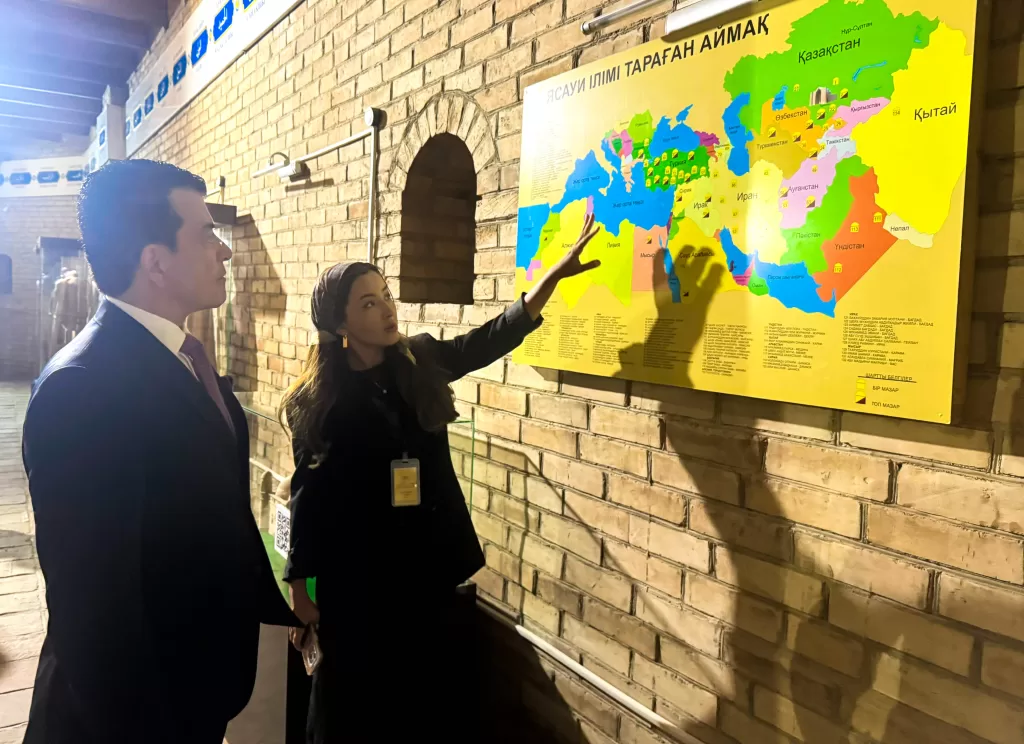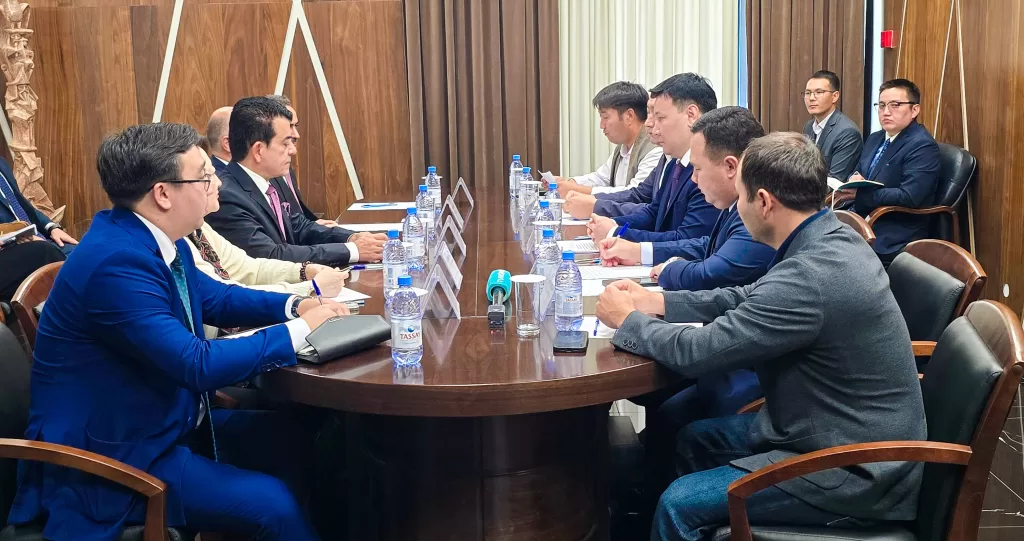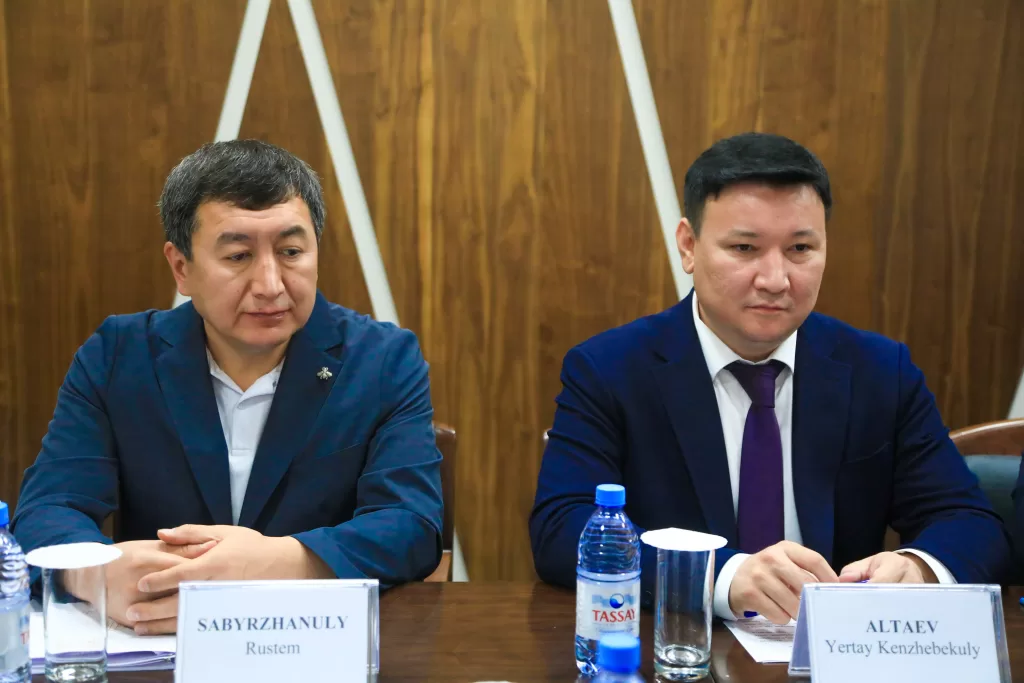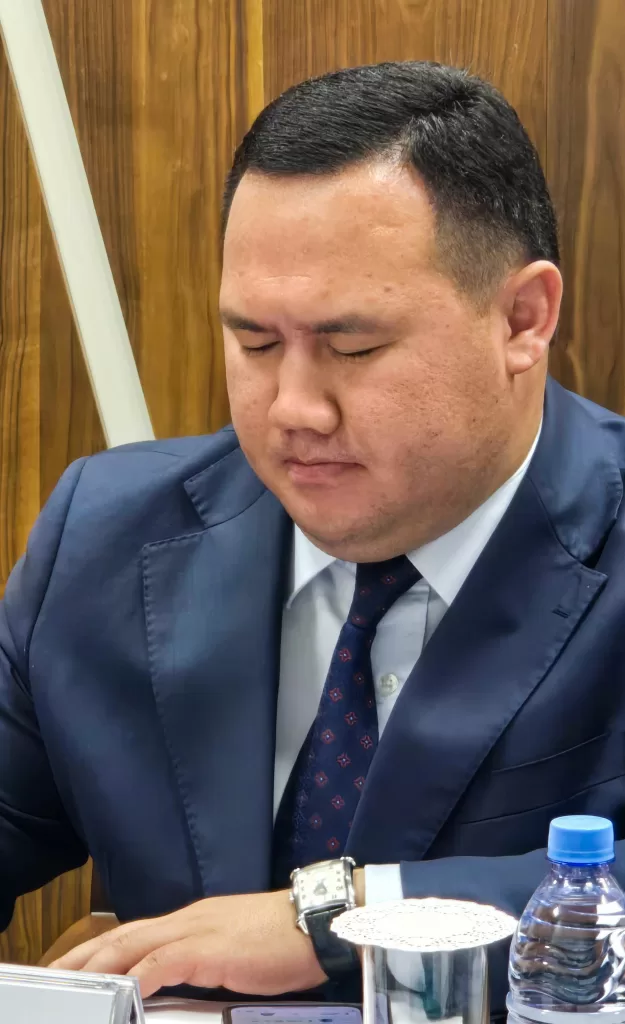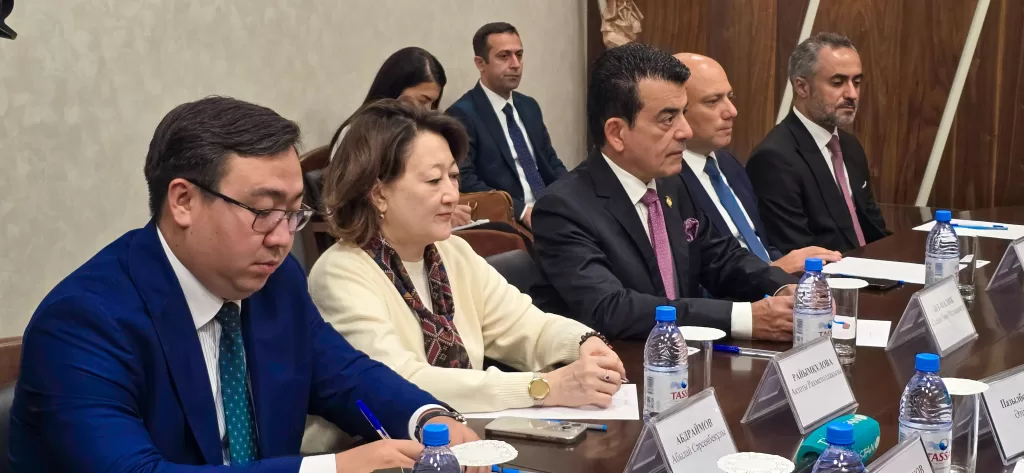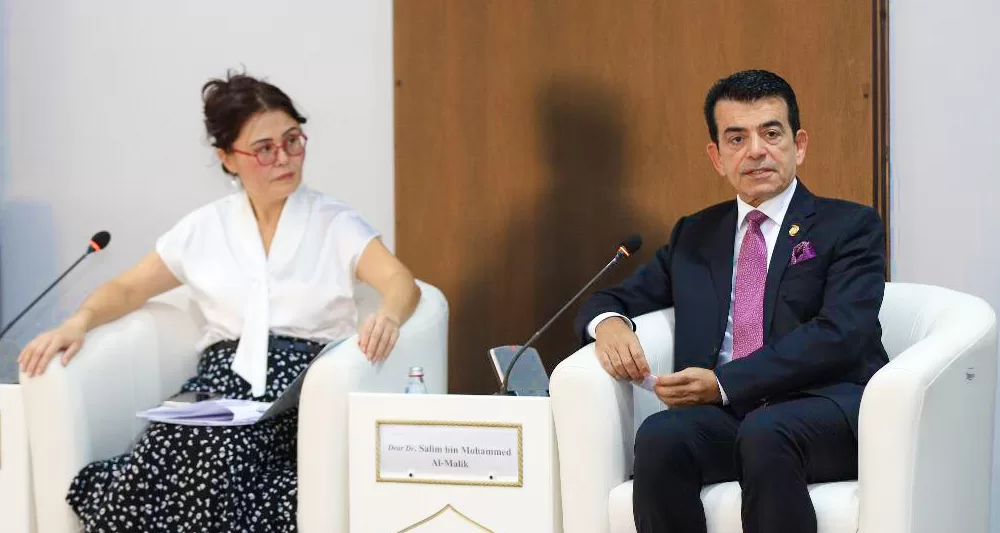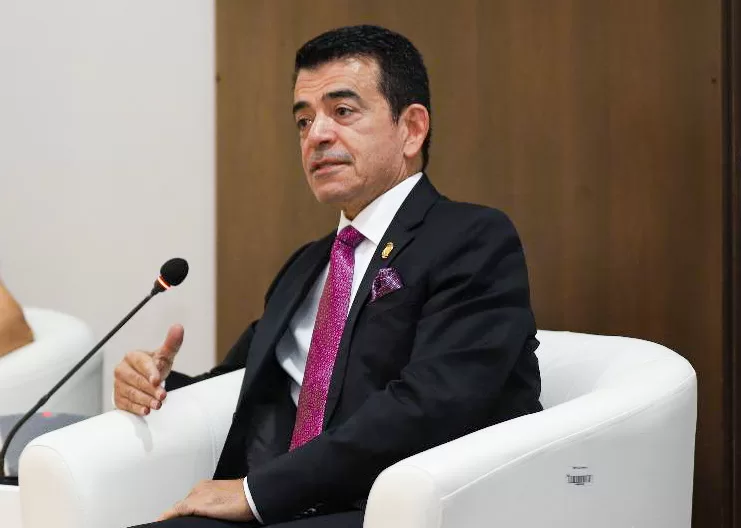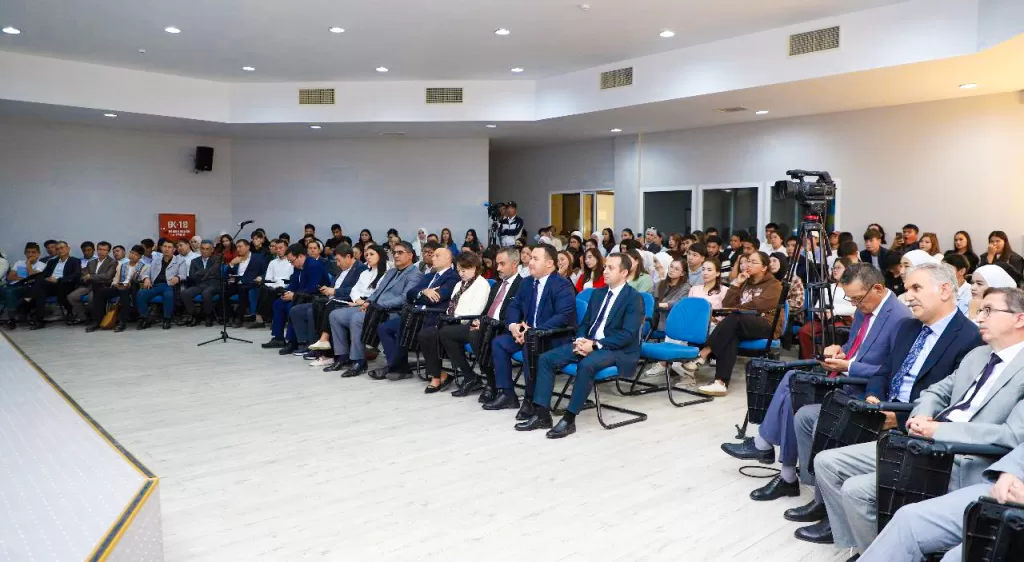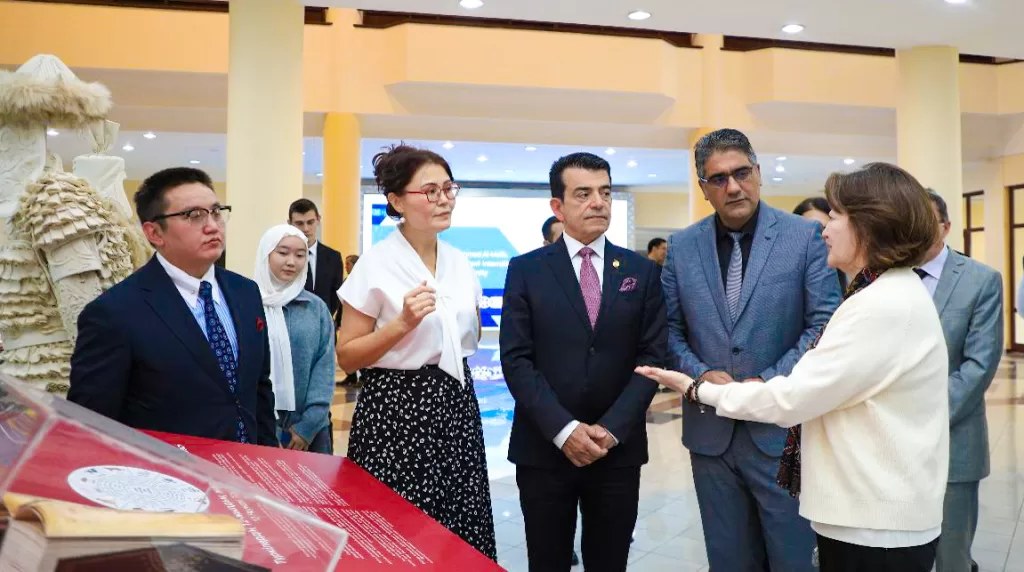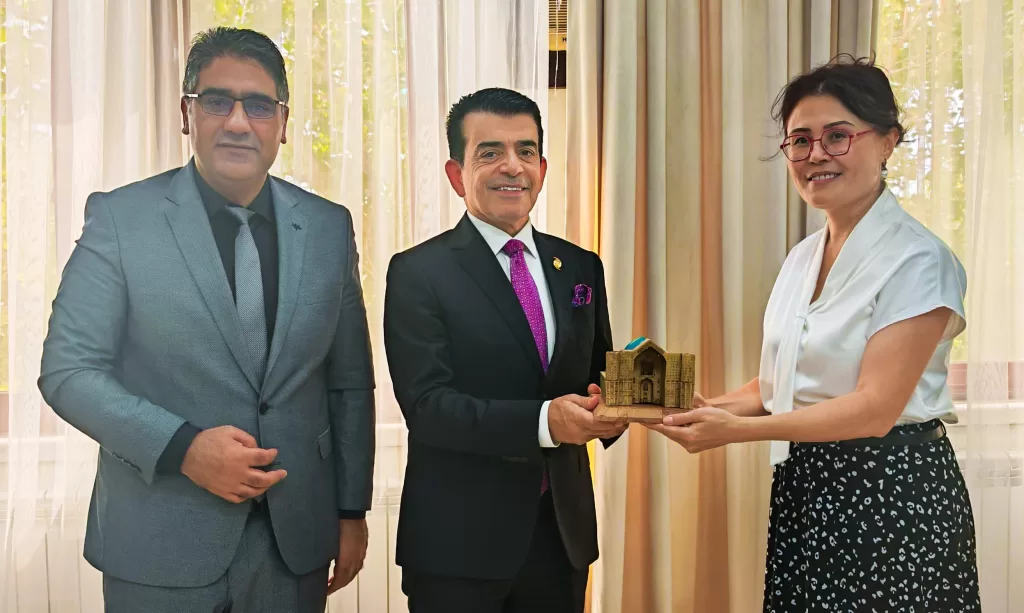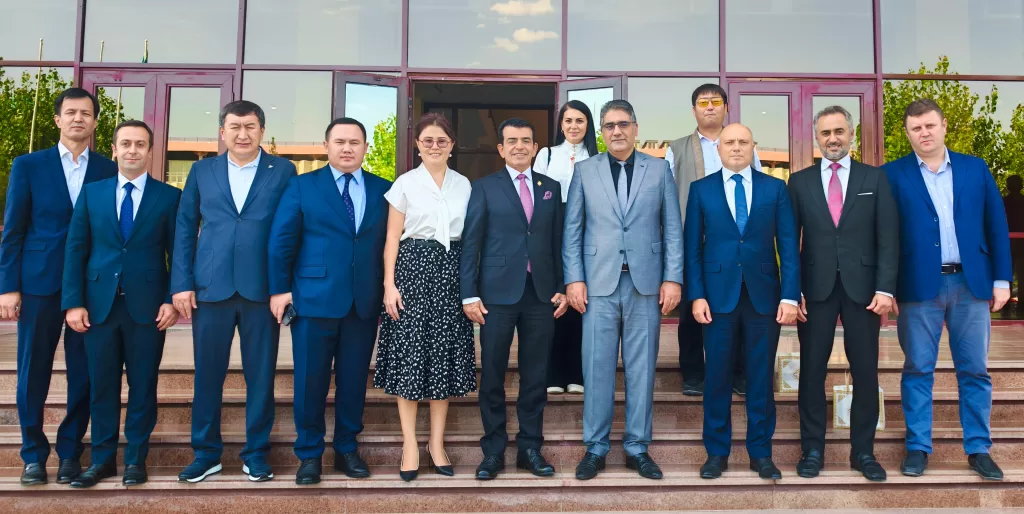A delegation from the Islamic World Educational, Scientific and Cultural Organization (ICESCO), headed by Dr. Mohammed Zinelabidine, Head of the Organization’s Culture Sector, paid an official visit to Baghdad, Iraq, on 22–23 September 2025. The delegation was received by Iraq’s Minister of Culture, Tourism and Antiquities, Dr. Ahmed Fakak Al-Badrani, along with a number of officials from the Ministry of Higher Education and Scientific Research.
The purpose of the visit was to explore prospects for enhancing cultural and scientific cooperation with Iraq and to expand the areas of partnership. The delegation held a series of bilateral meetings under the supervision of Minister Al-Badrani, who praised ICESCO’s decision to launch major cultural programs in cooperation with Iraq, expressing his appreciation to Dr. Salim M. AlMalik, Director-General of the Organization, for his efforts in strengthening Iraq’s cultural presence at both the regional and international levels.
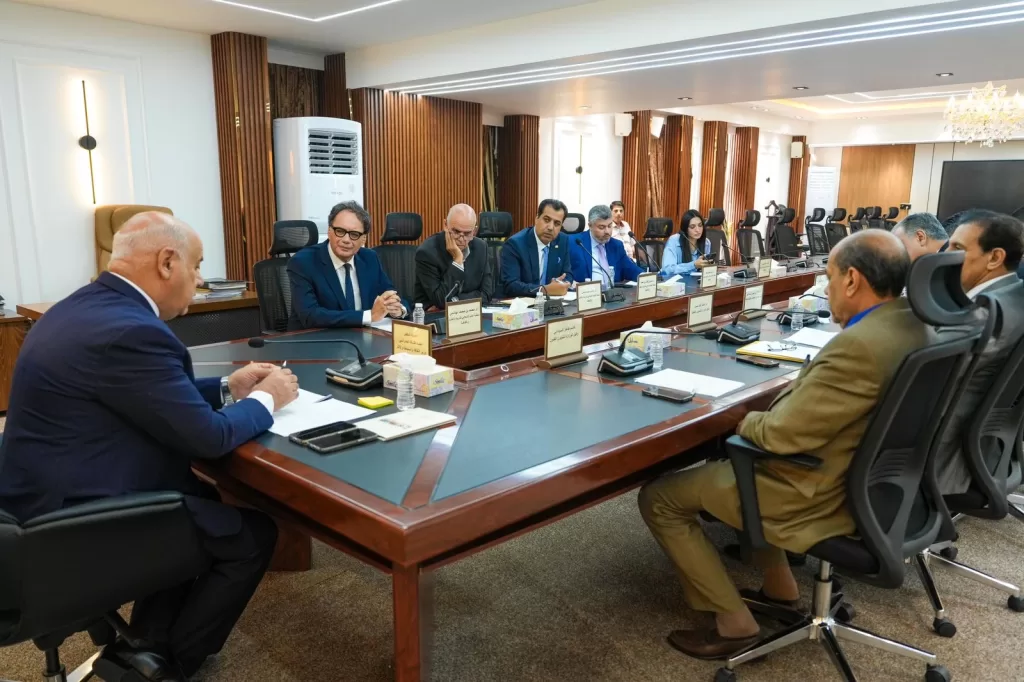
The meetings addressed the nature of the proposed activities and programs for joint cooperation, and how to leverage them to highlight Iraqi cultural identity and strengthen its standing within the cultural space of the Islamic world. Several Iraqi specialists presented their visions regarding mechanisms for implementing joint cultural projects and ensuring their sustainability.
For his part, Minister Al-Badrani announced new cultural initiatives to be launched in cooperation with ICESCO, most notably the establishment of a regional office for the Organization in Baghdad, the launch of an international cultural award under the name “ICESCO–Baghdad,” and the opening of a specialized center for calligraphy and manuscripts, in confirmation of the importance of this civilizational heritage within Islamic culture. Discussions also covered the project of establishing an ICESCO Chair for Calligraphy and Manuscripts at the University of Baghdad, with the aim of developing academic programs and integrating them into higher education curricula, thereby contributing to strengthening scientific research and safeguarding cultural heritage related to the arts of calligraphy and manuscripts.
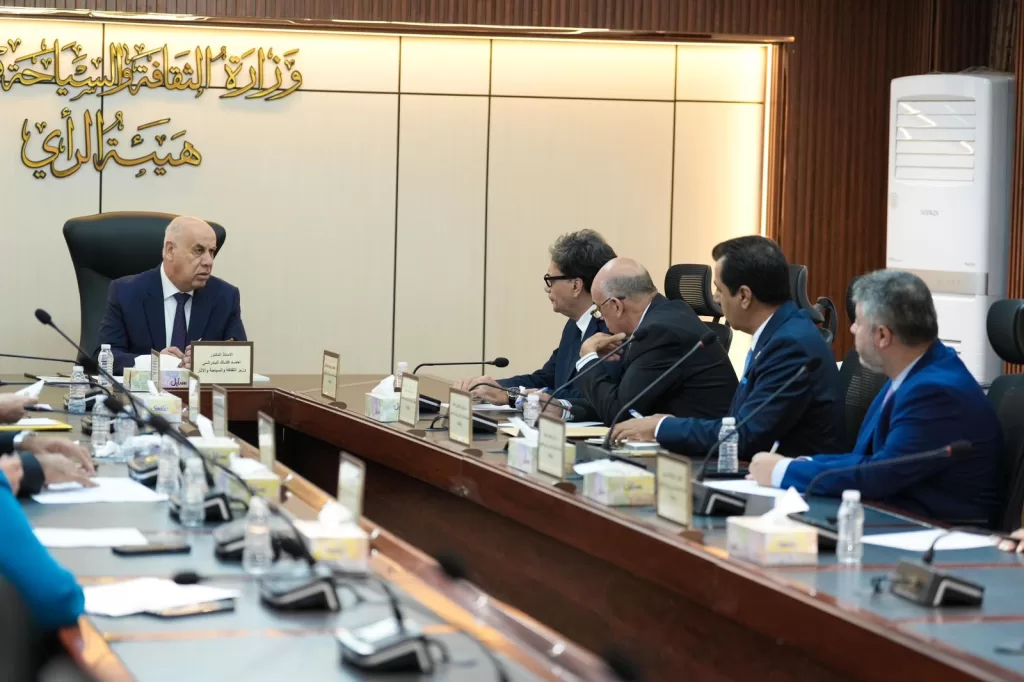
Dr. Mohammed Zinelabidine emphasized that ICESCO is keen on developing its cooperative relations with Iraq across the Organization’s various fields of competence, particularly in thought, arts, and heritage. He noted that this visit represents an opportunity to strengthen cultural partnerships and to innovate initiatives that highlight creativity and deepen civilizational dialogue.
Attending the meetings from ICESCO were: Dr. Salim Al Habsi, Director of the General Secretariat for National Commissions and Conferences; Dr. Idham Hanash, Director of the Center for Calligraphy and Manuscripts; Dr. Anas Husam Saeed Al-Nuaimi, Expert at the Center of Arabic for Non-Arabic Speakers; and Ms. Taqwa Al-Ali, Innovation Officer at the Sector of Institutional Excellence and Innovation.
